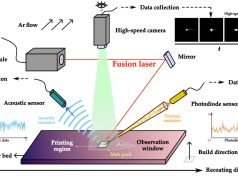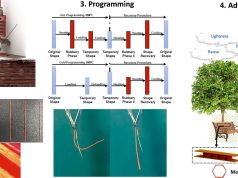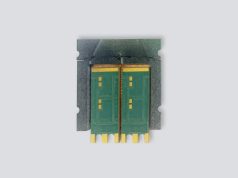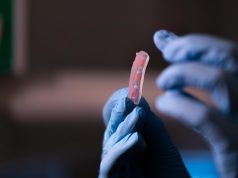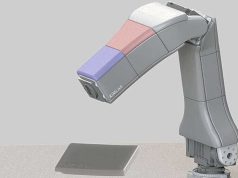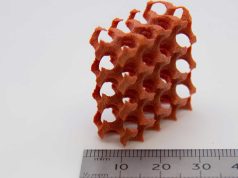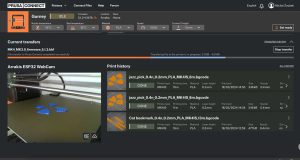Engineers at the University of Bath, in collaboration with colleagues at the University of Ulster, have successfully produced a novel ferroelectric composite material with antimicrobial properties for the first time using a novel multi-material 3D printing process.
The electrically responsive ferroelectric materials impart infection-fighting properties to implants, making them ideal for biomedical applications such as heart valves, stents and bone implants to reduce the risk of infection for patients.
Dr Hamideh Khanbareh said: “Biomedical implants that can fight infection or dangerous bacteria such as E. coli could present significant benefits to patients and to healthcare providers.
Our research indicates that the ferroelectric composite materials we have created have a great potential as antimicrobial materials and surfaces. This is a potentially game-changing development that we would be keen to develop further through collaboration with medical researchers or healthcare providers.”
The innovation is based on ferroelectricity, a property of certain polar materials that generate a surface electrical charge. In ferroelectric films and implants, this electrical charge leads to the formation of free radicals called reactive oxygen species (ROS), which selectively kill bacteria.
The composite material used is prepared by embedding ferroelectric barium calcium zirconate titanate (BCZT) microparticles in polycaprolactone (PCL), a biodegradable polymer. The mixture is then fed into a 3D bio-printer to create a porous “scaffold mold” that has a large surface area to promote ROS formation.
Tests have shown that the composite can completely kill bacterial cells even when contaminated with high concentrations of aggressive E. coli bacteria. 70% of the cells were killed within only 15 minutes.
Find out more about University of Bath at bath.ac.uk.
For more information about University of Ulster, please visit ulster.ac.uk.
Subscribe to our Newsletter
3DPResso is a weekly newsletter that links to the most exciting global stories from the 3D printing and additive manufacturing industry.





